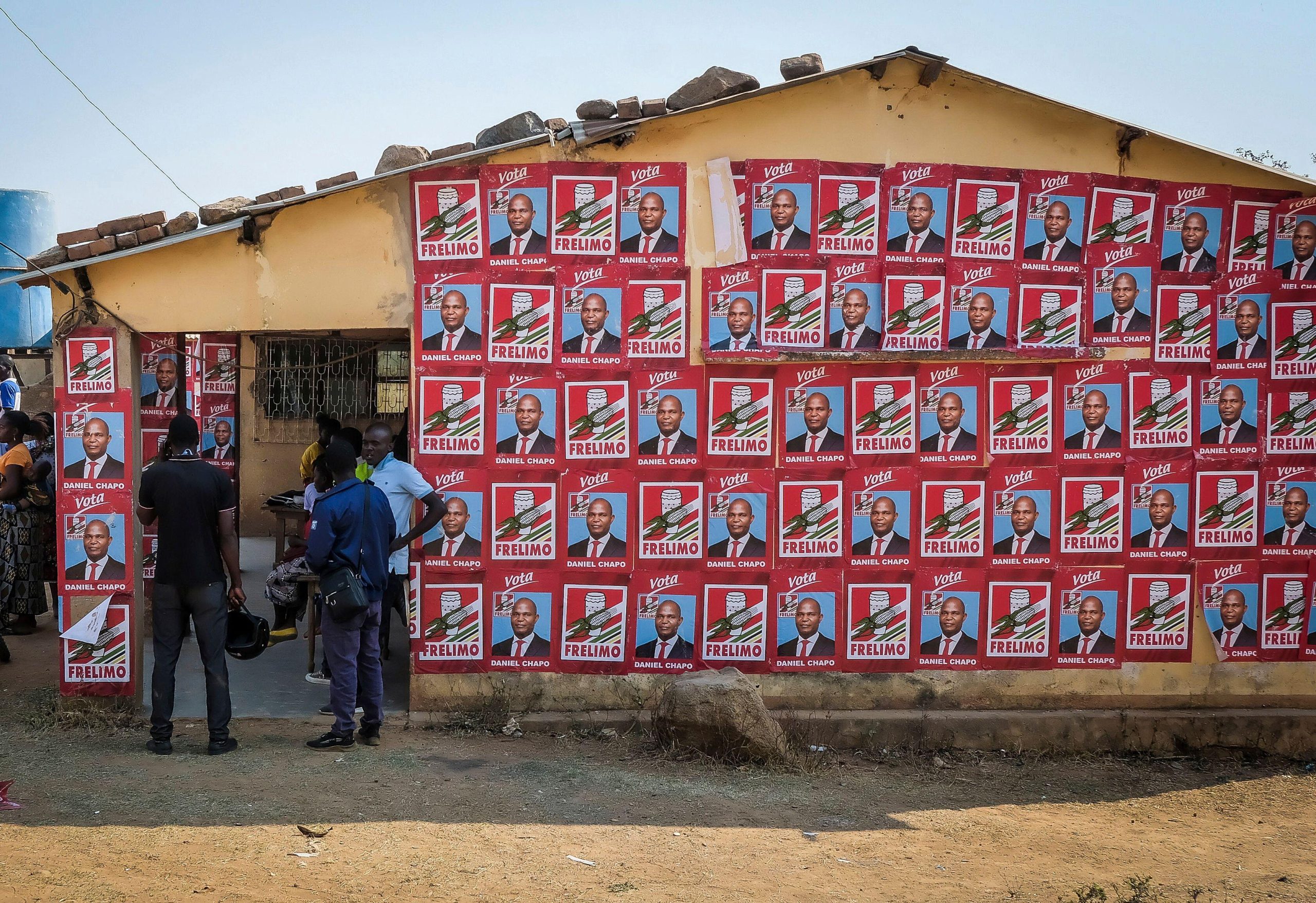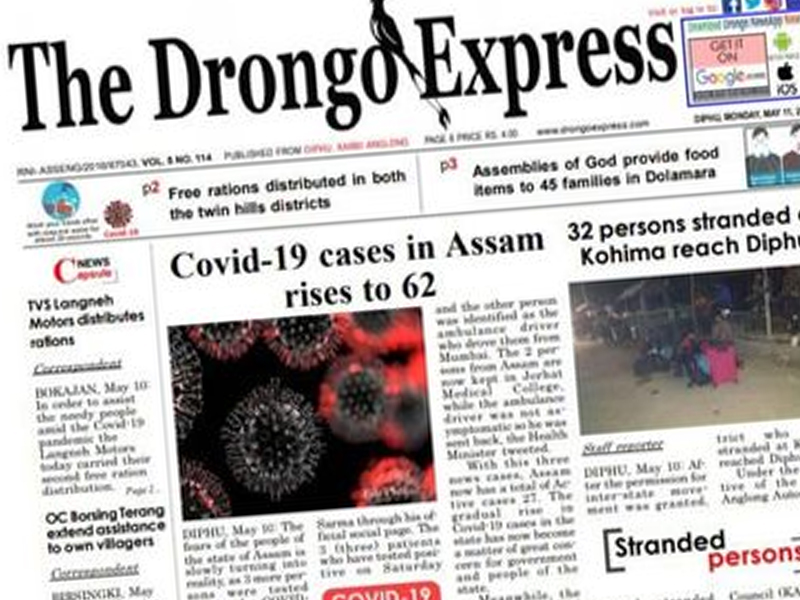It is said that the Muslim jurist al-Shafi’i so revered the name Allah that he wore a ring inscribed with a message to himself from God. One might think, then, that the name would be universally celebrated in those countries where the doctrine of al-Shafi’i is the predominant school of Islamic jurisprudence. But this is not the case in Malaysia. In June, the federal court turned down an appeal by a Catholic bishop against a decision of the ministry of home affairs to impose limits on certain uses of the word Allah.
The story dates back to 2009, and a letter from Che Din bin Yusoh, a civil servant working for the ministry, to the Roman Catholic Archbishop of Kuala Lumpur, Murphy Nicholas Xavier Pakiam. It approved a permit to publish The Herald, a weekly Catholic newspaper available in English, Chinese, Tamil and Bahasa Melayu, the official language of Malaysia. On the face of it, the letter contained good news: renewed permission to publish The Herald, in print since 1994. But it also stipulated two conditions: that Pakiam and the Bishops of Peninsular Malaysia confine their distribution of The Herald to the church and its adherents; and that they refrain from printing the word Allah in the Bahasa Melayu version.
The first condition was inconsequential as far as the bishops were concerned: The Herald had only ever been distributed amongst the congregants of the country’s three archdioceses. Furthermore, since the 1970s and 80s, the church had adopted a largely ecumenical posture towards the other religious establishments in Muslim-majority Malaysia, partly in response to the rise of the Islamic dakwah, or missionary, movement. (Proselytising Muslims is also an offence under Malaysian Federal law.)
The second condition, however, was intolerable to the bishops. Allah, from Arabic, is the Bahasa word for God irrespective of the religious context in which it is used — just as it is for Bahasa-speaking Sikhs, Indonesian and Arabic-speaking Christians, Mizrahi Jews, Maltese Catholics, and many other non-Muslim groups — and it appears in Al-Kitab, the Bahasa translation of the Bible. The second condition effectively forbade the use of the word Allah in the Bahasa version of The Herald in reference to any God but the Islamic deity.
And so Pakiam went to court, seeking judicial review of the government’s decision to impose the second condition. He asked for an order of certiorari, quashing the decision. He also asked for a series of judicial declarations: that imposing such a condition violated certain fundamental freedoms enshrined in the constitution — the rights to freedom of speech and to practice non-Islamic religions in peace and harmony — and, in a bold move that invited the Malaysian judiciary to pronounce dispositively on a matter of considerable religious sensitivity, that the word Allah is not exclusive to the Islamic faith. The bishops also asked the Court to find that the decision was irrational and unreasonable, contravened the laws of natural justice, and had been made in bad faith.
The ministry’s decision to impose the Allah condition can only be understood in the light of a series of laws passed by ten of Malaysia’s thirteen state legislatures. These enactments — each called some variation on the Control and Restriction of the Propagation of Non-Islamic Religions — proscribe the use of any of 25 words or 10 phrases in reference to a religion other than Islam. (The Johor state enactment doesn’t include a list of words or phrases but imposes a blanket ban on the use of words of “Islamic origin”.) The list of words could double as a glossary of key terms for any student of Islamic theology: Allah, Fatwa, Hadith, etc.; and the list of phrases contains such Islamic maxims as Alhamdulilah and Allahu Akbar. The laws vary in their severity — what might in Terengganu lead to a fine of 1000 ringgits could in Kelantan result in a five-year jail term and/or whipping — but so sacrosanct are they in the eyes of many that five states, as well as the prefecture of Kuala Lumpur and the Chinese Muslim Association of Malaysia, attempted (unsuccessfully) to join the government as defendants in Pakiam’s action.
But on the final day of 2009, the high court found in favour of Pakiam and the Bishops of Peninsular Malaysia, marking either a victory for freedom of speech or a lamentable triumph of secular values over democratic choice in a majority Muslim country, depending on one’s view. The issue, however, was far from resolved. For one thing, the government appealed against the decision of the high court, as did the five states. For another, the high court had not been asked to review the legality of the various non-Islamic religions enactments — merely the decision to impose the condition contained in bin Yusoh’s letter — and so, they remained good law.
This would prove troublesome for Malaysia’s Christians. In early 2011, it was reported that the Islamic affairs departments of certain states had raided the premises of various Christian organisations, including a Bible-import business called Gideon, and impounded tens of thousands of Bahasa and Iban-language Bibles, citing the Non-Islamic religions enactments as justification. This prompted the prime minister of Malaysia, Mohammad Najib Abdul Razak, to write to the chairman of the Christian Federation of the country, proposing a ten-point solution to defuse the welling inter-religious tension. The letter affirmed that Bibles in any language could be imported into the country, but stipulated that Bahasa-language Bibles, whether imported or locally-produced, must have a crucifix and the words Christian publication printed on their front.
The inclusion of this proviso made clear the strength of the government’s fear of non-Islamic and secular proselytising encouraged by the ready availability of Bahasa-language Bibles — fear of the “naked public square”, increasingly devoid of Islamic speech and thus increasingly hostile towards Islam in general, to paraphrase the American Catholic writer John Neuhaus. Given this anxiety on the part of the Government one might think that all the parties would have embraced the ten-point proposal as a much-needed compromise. But for various reasons — the peculiarities of Malaysian domestic politics and the procedural limitations of the justice system, to name two — the proposal was never enshrined in law and the various state enactments remained untouched. Preserving the status quo, however, meant that incidents of Bible-seizing continued; the most recent widely reported case occurred earlier this year, in Selangor province.
And then, as if to rub salt in the Bible-seizing wound, the court of appeal ruled unanimously in favour of the ministry and set aside the decision of the high court. The bishops were given leave to appeal but, on 23 June of this year, the Federal Court of Malaysia turned down their application and upheld the decision of the court of appeal, thus drawing the case to an unsatisfactory close.
The decision of the federal court — decided by a narrow four-to-three margin — is disappointing not only in the result but in the reasons given, too. Like many administrative law cases, the judgment is preoccupied with questions of procedural, rather than substantive, unfairness. This would be tolerable if the decision taken by the ministry had not impacted on fundamental rights enshrined in the federal constitution: Article 3 asserts that while Islam is the official religion of the federation, this should not impinge on the rights of non-Muslims to practice other religions in peace and harmony.
But, in banning the use of the world Allah in a weekly newspaper, the decision clearly affected the rights of individuals to freedom of speech and religion. The questions put before the court were held by the three dissenting judges to be of such constitutional importance that all three chose to write opinions setting out their reasons, an incredibly rare occurrence in judicial review proceedings of this kind: “too weighty to suffer indifference,” wrote Justice Zainun Ali.
The majority opinion of Justice Arifin Zakaria, by comparison, is preoccupied by the far more incidental question of whether the appropriate standard in evaluating the reasonableness of a decision taken by the ministry should be objective or subjective. And Justice Zakaria also concludes that the decision of the Court of Appeal must be correct because Pakiam had not sought to challenge the various state enactments before the high court. As the enactments were not the object of judicial review, Zakaria can only conclude that the decision to impose a condition on the propagation of non-Islamic religion was in keeping with the letter and spirit of those laws and not, therefore, an abuse of power. If put forward in a contextual void this argument might be persuasive. However, Zakaria also upholds the decision of the court of appeal on the basis that Pakiam would have erred if he had sought to challenge the various state laws before the high court, as the only appropriate forum in which to bring such a challenge would have been the federal court. Pakiam and the bishops were predestined to lose, it would seem.
If there were a southeast Asian regional court of human rights, we might think that the Bishops of Peninsular Malaysia would have good grounds to get on its cause list. Presuming the existence of some regional charter of fundamental rights, similar in content, say, to the European and American Conventions on Human Rights, the bishops would surely be able to rely either on a breach of the fundamental rights or on the denial of an effective remedy at law. And given the relative willingness of supra-national courts to scrutinise governmental arguments premised on public order and/or national security with greater force, we might even imagine such a regional court to declare the various non-Islamic religions enactments in breach of such a charter.
Then again, such a court might equally take into consideration the fact of Malaysia’s Muslim-majority population and conclude that the government had acted to protect the religious rights of the majority from the tyranny of a minority. In the now-famous European case of Lautsi v. Italy, the European Court of Human Rights held that the display of crucifixes in Italian state schools was not in breach of Article 9 ECHR (the right to freedom of conscience and/or religion). But whereas in Lautsi it was held that the “negative” right to freedom of religion did not endow individuals with the right to be always and ever free from encountering religious imagery, in Malaysia the various state laws actively impinge on the exercise of a minority religion. The result of Titular Roman Catholic Archbishop of Kuala Lumpur vs. The Government of Malaysia has led many to conclude that questions of religious coexistence and the true ownership of the word Allah cannot be resolved through the courts. That is undoubtedly true. But in the meantime, if Archbishop Pakiam and the Bishops of Peninsular Malaysia feel that they have been the victims of a miscarriage of justice, then that would be true, too.
This article was posted on August 19, 2014 at indexoncensorship.org






